Introduction: Blogging is a powerful platform for sharing ideas, insights, and expertise. To ensure your blog reaches its full potential, it’s crucial to implement effective SEO strategies. In this blog, we’ll explore key SEO tactics tailored for bloggers, helping you enhance visibility and attract a wider audience.
1. Importance of SEO for Bloggers: Driving Organic Traffic: Understanding the significance of SEO is the first step for bloggers. SEO empowers your blog to rank higher in search engine results, driving organic traffic and expanding your readership.
2. Conducting Keyword Research: Targeting Relevant Topics: Start your SEO journey by conducting thorough keyword research. Identify keywords relevant to your blog niche and target audience. Tools like Google Keyword Planner and Ubersuggest can assist in uncovering valuable keywords.
3. Crafting Compelling and SEO-Friendly Blog Titles: Craft blog titles that are not only compelling but also SEO-friendly. Include target keywords naturally within your titles to enhance search engine visibility. A captivating title encourages clicks and improves user engagement.
4. Writing High-Quality and Informative Content: User Value Matters: Focus on creating high-quality and informative content. Google rewards content that provides genuine value to users. Strive for in-depth articles that thoroughly cover your chosen topics.
5. Optimizing Blog Post URLs: Short and Keyword-Rich: Optimize your blog post URLs for SEO. Keep URLs short, descriptive, and include relevant keywords. A clean and concise URL structure contributes to better user experience and search engine rankings.
6. Utilizing Header Tags (H1, H2, H3): Structuring Content: Effectively use header tags (H1, H2, H3) to structure your content. Header tags not only make your content more readable but also help search engines understand the hierarchy and importance of different sections within your blog posts.
7. Incorporating Internal and External Links: Building Connections: Include both internal and external links within your blog posts. Internal links connect your content, aiding in better navigation and distributing link equity. External links to reputable sources can enhance the credibility of your blog.
8. Image SEO: Alt Text and Optimization: Optimize images for search engines by adding descriptive alt text. Use compressed and appropriately sized images to improve page load speed, a factor that influences SEO rankings.
9. Regularly Updating and Refreshing Content: Freshness Matters: Regularly update and refresh your blog content. Google values fresh and updated content, and regularly updating your blog posts can positively impact search engine rankings.
10. Social Media Promotion: Amplifying Reach and Engagement: Promote your blog posts on social media platforms. Social signals contribute to SEO, and increased social engagement can drive more traffic to your blog.
11. Encouraging Reader Engagement: Comments and Shares: Encourage reader engagement through comments and social media shares. Engaged readers contribute to a vibrant community around your blog, signaling to search engines that your content is valuable.
12. Mobile Optimization: Responsive Design: Optimize your blog for mobile devices with a responsive design. Mobile optimization is a crucial aspect of SEO, considering the growing number of users accessing content on smartphones and tablets.
13. Monitoring Analytics: Google Analytics Insights: Regularly monitor your blog’s performance using Google Analytics. Gain insights into user behavior, popular content, and traffic sources. Use these insights to refine your SEO strategy.
14. Building Backlinks: Quality Over Quantity: Focus on building high-quality backlinks to your blog. Seek opportunities for guest posting, collaborations, and citations from reputable sources. Quality backlinks are a significant factor in SEO.
15. Implementing Schema Markup: Enhancing Rich Snippets: Consider implementing schema markup to enhance your blog’s rich snippets in search results. This can make your content more visually appealing and informative to users.
Conclusion: For bloggers, mastering SEO is essential for reaching a wider audience and maximizing the impact of their content. By recognizing the importance of SEO, conducting keyword research, crafting compelling titles, writing high-quality content, optimizing URLs and headers, incorporating links, focusing on image SEO, updating content regularly, promoting on social media, encouraging engagement, ensuring mobile optimization, monitoring analytics, building backlinks, and implementing schema markup, bloggers can unlock the full potential of their blogs in the digital landscape.




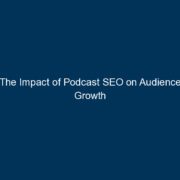

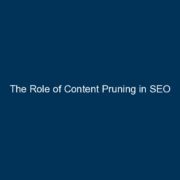


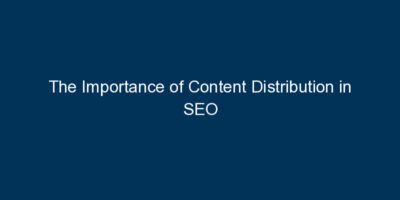
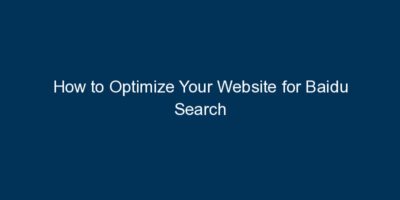
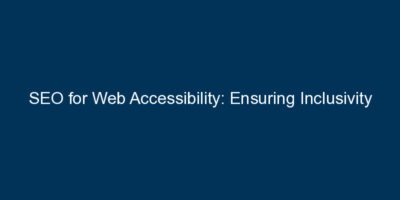

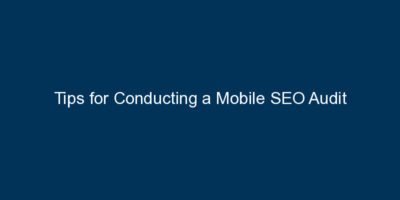
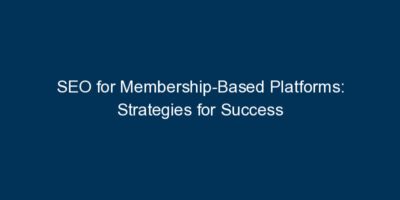








Comments